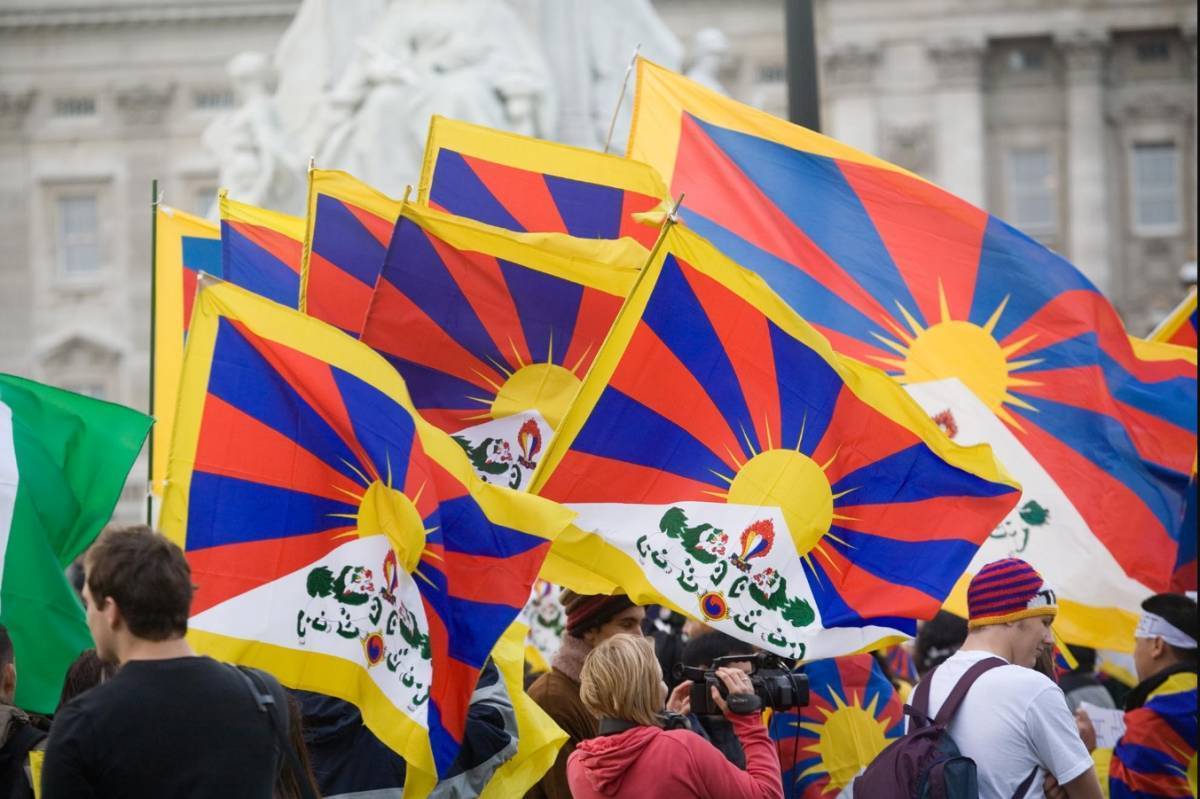According to a Canadian think tank, the policy appears to be favouring the poor in Tibet but delving deeper into it reveals the real agenda behind it…reports Asian Lite News.
Amid ongoing concerns over human rights issues in China, a new research paper has thrown light on China’s relocation policy in Tibet, which under the garb of social changes, threatens its unique and centuries-old culture.
This was revealed in a research paper released last month by “Tibetan Studies” – a bi-weekly magazine of the Tibetan Academy of Social Sciences (TASS).
The research paper, prepared by Chinese scholars, states that in the fight against poverty and on the path towards a moderately prosperous society, the Chinese government has implemented a policy of relocating people from an inhospitable area to another more geologically favourable area.
According to a Canadian think tank, the policy appears to be favouring the poor in Tibet but delving deeper into it reveals the real agenda behind it.
“The people from far-flung areas are being relocated to regions that are easily accessible to Chinese authorities for executing Chinese cultural assimilation programmes,” said International Forum For Rights And Security (IFFRAS).
The key objective of this policy, according to IFFRAS, is to transform Tibetan culture completely into Chinese culture.
“The relocation programme is nothing but part of China’s ‘Sinicization of Tibet’ strategy. Sinicization of Tibet refers to the programmes and laws of the Chinese government which force ‘cultural unity’ in Tibet,” the think tank said.
The report further states that deeper social and cultural changes are being undertaken to ‘sinicise’ Tibet and assimilate its unique centuries-old culture into the Han mainstream.
“Efforts are being made to superimpose Chinese (Han) history and culture on the Tibetan people. Work is soon to begin on a new encyclopaedia that outlines China’s version of the history of Tibet — the ‘Encyclopaedia of Ethnic Unity and Progress (Tibet Volume),” IFFRAS said.
Despite ample evidence that proves the contrary, the Chinese government maintains that its policies have benefited Tibet, and cultural and social changes are consequences of modernization.
However, the think tank argues that China’s policies have only threatened Tibet’s unique and centuries-old culture and the Tibetan Buddhist religion. “Tibetans complain of being robbed of their dignity in their own homeland and of being swamped by Chinese immigration to the point of becoming a minority in their own country,” said IFFRAS. (ANI)
ALSO READ-China trying to impose Mandarin in Tibetan schools













